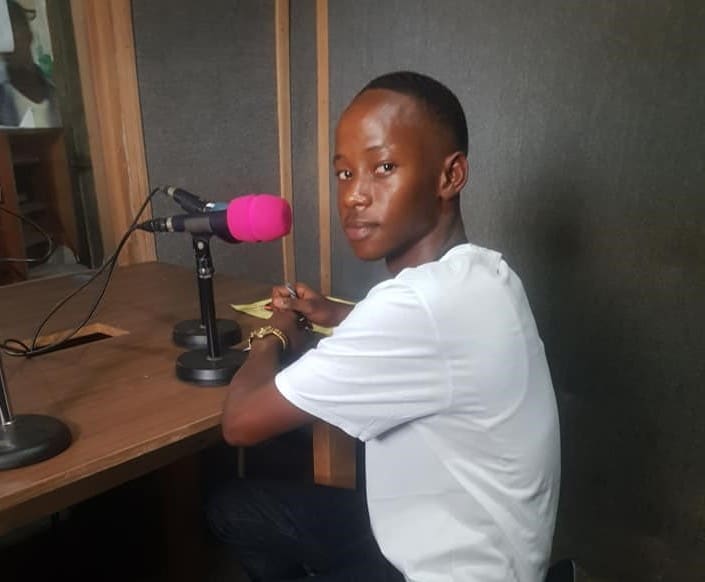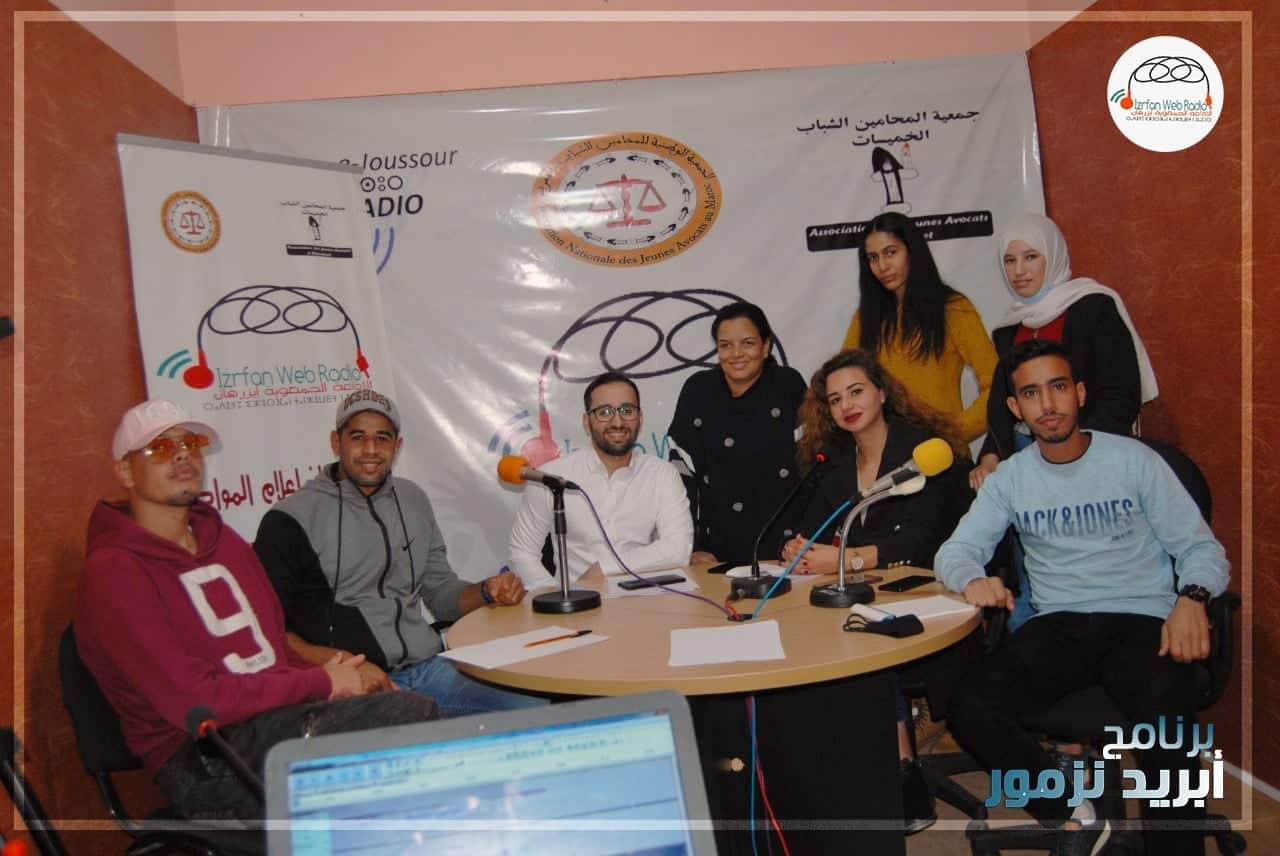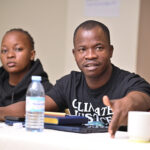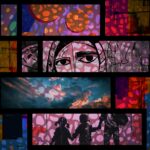This article was published more than 4 years ago.
Information is a public good.
That’s the theme for this year’s World Press Freedom Day. According to UNESCO Director-General Audrey Azoulay, the message “underlines the indisputable importance of verified and reliable information.”
These days, however, finding accurate information can feel impossible. Social media teems with viral disinformation. Authoritarian regimes use sophisticated data-mining and targeting technologies to influence elections, spread propaganda, and manipulate the narrative around human rights. And mass media is increasingly in the pocket of a few powerful corporations, whose main priority is their bottom dollar. More than ever, independent press is a crucial lifeline for reliable information.
At the Fund, we believe that access to dependable, trustworthy information is more than just a public good—it’s a human right.
This year, for World Press Freedom Day, we’re celebrating a few of the ways that innovative frontline activists are going back to basics and using community radio to promote human rights. Especially critical for reaching rural communities, radio programming allows activists and advocates to speak directly to the people they serve. These Fund-supported groups are sharing vital health information about COVID-19, informing people of their fundamental rights, and supporting their local communities—all over the airwaves.
Liberia
YOCEL

For youth, by youth—that’s the idea behind Children’s Voices, a radio program produced by the youth-led Rights Holders Network (RHN) in Liberia to educate young people on standing up for their rights. The Youth Coalition for Education in Liberia (or YOCEL) helped mobilize RHN with the Fund’s support, recruiting more than 500 members to organize community campaigns on children’s rights, including access to education, an end to child marriage, and justice for victims of sexual violence.
Through the Children’s Voices radio program, YOCEL and the members of RHN share important information about children’s rights with their peers. As RHN expands into more counties, they’ve been able to train a new cadre of young activists on media and provide radio equipment for recording and broadcasting.
“This radio program was a lifeline during the pandemic,” says John Kabia, the Fund’s program officer for children and youth rights. “It was used to educate young people about their rights and provide information to children in lockdown on how to access support in case of abuse.”
Guatemala
La Otra Cooperativa
Petén, the largest of Guatemala’s 22 departments, is home to some of the country’s most important cultural sites: ancient Mayan ruins, including the city of Tikal and the sacred site of Uaxactun. But it’s also far from the capital, which means the state has little presence. In the absence of government authorities, criminal organizations linked to drug cartels control huge swaths of community land.
La Otra Cooperativa was founded in 2008 by local workers hoping to challenge discrimination, repression, and exclusion in Petén. Since then, with the Fund’s support, they’ve become an important voice in Guatemala’s human rights movement—thanks, in large part, to their radio program Un Nuevo Sol Rebelde (A New Rebel Sun). During the COVID-19 pandemic, La Otra Cooperativa has used radio to provide accurate health information for communities in the area. A new radio program in partnership with rural women, Vivas Nos Queremos (We Want Us Alive), is raising awareness about pervasive violence against women. And as part of the Mesoamerican Network of Community Radios, the group develops trainings for other activists on alternative communications. Through this network, they coordinate, produce, and broadcast programming not only in Guatemala but also in Honduras, El Salvador, Mexico, and even with a feminist radio station in Chile.
Morocco
AJAK

The Association des Jeunes Avocats à Khemisset (Khemisset Young Lawyers Association, or AJAK) mobilizes lawyers from all over Morocco to protect human rights and promote a just and equitable judiciary system. Today, with the Fund’s support, AJAK plays a key role in Morocco’s human rights movement. The organization provides training to lawyers, judges, and other court personnel on the international human rights framework and judicial reform in Morocco, and offers pro bono legal support for human rights organizations and victims of human rights violations, including activists and women survivors of violence.
In addition to their legal work, AJAK offers an internet radio station: Radio Izrfan, which means “rights” in the Amazigh language indigenous to Morocco. Broadcasting in both Arabic and Amazigh, Radio Izrfan creates space for people to debate social issues and educates listeners about human rights topics.
Democratic republic of the Congo
MFPDSA
In the Democratic Republic of the Congo (DRC) and other countries in the region, living with albinism can be difficult—and dangerous. Albino children face exclusion and persecution at school and in their communities. Attacks, and even killings, are common.
In Uvina, a Congolese city of more than half a million in South Kivu Province, women-led MFPDSA (Mutuelle des Femmes Paysannes pour le Développement et la Santé en Afrique, or Mutual of Peasant Women for Development and Health in Africa) uses regular radio programming to confront this discrimination. Their programming through the radio station Auti Ya Amani (meaning Voice of Peace in Swahili) is especially important for families living in the hills and forests, where literacy rates are low and information about the group’s activities is otherwise hard to come by. MFPDSA uses their radio program to inform the families of vulnerable children, including albino and Pygmy youth, about their rights, as well as to challenge deep-rooted cultural stigmatization.


